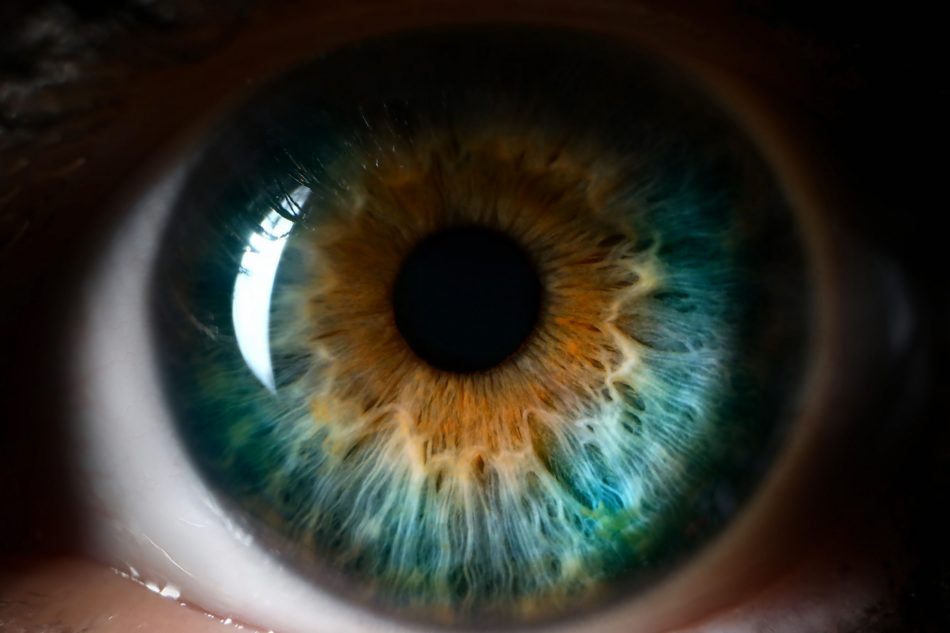
Incredible: Scientists 3D print a heart pump that beats on its own
The possibilities of 3D printing seem to have no bound after scientists at the University of Minnesota managed to 3D print a human heart pump capable of beating on its own. The pump is just 1.5 centimeters long, but the researchers believe the tiny organoid could have a huge impact on efforts Read More...

These glasses allow people with color blindness to experience more hues
At least 8 percent of men and 0.5 percent of women suffer from red-green color vision deficiency (CVD), totaling 13 million in the US and 350 million worldwide. While those with normal color vision see in excess of one million hues and shades, those with CVD see a vastly diminished range of colors. Read More...

Clinical study: Diet and exercise reverses diabetes in 61% of patients
In a newly published clinical trial that evaluated the efficacy of diet and exercise as a way to treat type 2 diabetes, researchers found that reveal nearly two-thirds of patients achieved complete disease remission after just 12 months of lifestyle interventions. It is certainly not a newsflash Read More...

This insulin-releasing implant could allow diabetics to ditch needles
Imagine a device that lets people with diabetes use an app or remote control to give themselves a boost of insulin when they need it, without an injection. Researchers from ETH Zurich have developed a prototype device that can do just that, using electrical jolts to control gene expression in Read More...

Novel surroundings and fresh experiences can make you happier
New experiences and places to discover may be in short supply these days, as people haven’t been able to travel and move around too much due to coronavirus restrictions. Yet, in a study that reveals a connection between our daily experiences and our sense of well-being, researchers suggest that Read More...

Training AI is carbon-intensive. MIT researchers are changing that
The different ways artificial intelligence (AI) can be used to improve our lives is vast, but one thing we often overlook is the environmental cost that comes with AI. After all, running a training model to improve AI requires a whole lot of energy. For that reason, researchers at Massachusetts Read More...

Researchers discover microbe that completely stops malaria
A team of researchers in Kenya and the UK say they have discovered a microbe that completely protects mosquitoes from being infected with malaria. The researchers say the finding has "enormous potential" to control the disease. After all, malaria is spread by the bite of infected mosquitoes, so Read More...

Researchers imagine system where EVs charge each other on the roads
If airplanes can refuel each other mid-air, then why not electric cars? A weird and wonderful, if probably impractical, idea out of the University of Florida would see vehicles in high-speed convoys sharing energy in a peer-to-peer model. To understand how it works, let’s first read a passage Read More...

Researchers and wildlife are relishing in the quiet induced by lockdowns
With flights grounded and highways free from rumbling traffic, and a general drop in human activity, the world has gone rather quiet during the last couple of weeks. And while the resulting silence may be eerie for some, it’s an exhilarating phenomenon for others, including researchers and Read More...

Ultrasounds could bolster treatments for Alzheimer’s disease
A new study led by Australian researchers is offering further insight into how a novel ultrasound technique could help treat Alzheimer’s disease. The findings describe how focused ultrasound can weaken the blood-brain barrier in brain cells from Alzheimer’s patients, potentially improving the Read More...


